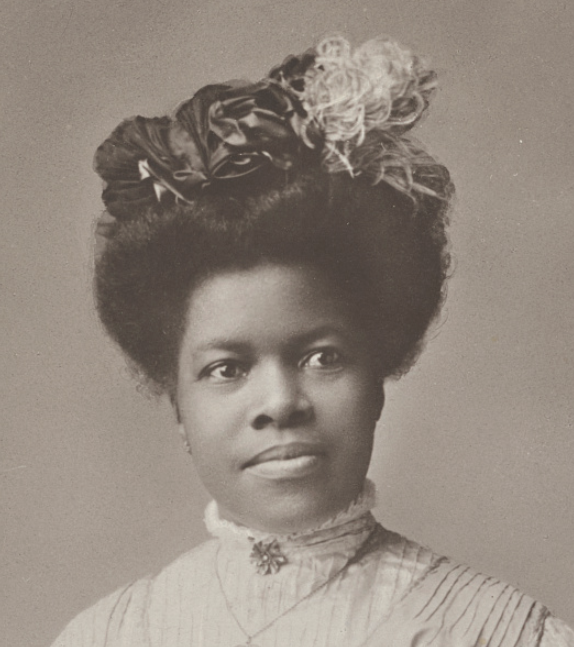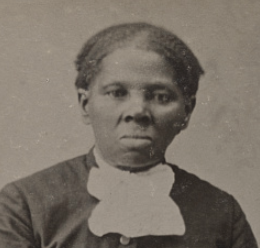Returning by popular demand, this program from National History Day will help teachers construct an historical argument tied to the 2025 NHD theme, Rights & Responsibilities in History, using primary sources from the Library of Congress. The complete program features four live webinars, tentatively scheduled for 7:00 pm ET on January 9, February 6, March 6, and March 27. | Program information & application deadline: October 18 | Contact: Krista Grensavitch
Chronicling America: "Rights and Responsibilities" for National History Day
Library of Congress Serial and Government Publications Division & the National Digital Newspaper Program
September 11, 1:00 pm ET | Webinar information & registration
Digging In with TPS-MTSU: Rights and Responsibilities
Middle Tennessee State University
September 12, 4:00 pm CT | Email Kira Duke to register
A great video from PBS about the many benefits of student participation in National History Day.
h/t  Mary Johnson
Mary Johnson
In this article from Edutopia, TPS Consortium member provides strategies for using the annual competition for project-based learning to help engage students in US history and promote design thinking as they develop their projects by empathizing, defining, ideating, prototyping, testing, and presenting.
Éirinn go Brách
Tyler Anbinder, professor emeritus at George Washington University, has a new book out entirely rooted in wonderful primary source materials. In Plentiful Country: The Great Potato Famine and the Making of Irish New York, the myth of the poverty-stricken Irish immigrant being a drain on American society is dispelled all because of a treasure trove of bank records. The records of the Emigrant Savings Bank, housed at the NY Public Library, show that even day laborers were averaging $150 in their savings accounts -- equivalent to about $6000 today!
How can primary sources be used to disprove other stereotypes?
Why is this set of data significant to American history?
What other primary sources can be combined with this bank data to get a clearer picture of the lives of Irish immigrants to America?
How are the reactions to the 19th century mass emigration of Irish to America similar to events happening today?
Irish Americans Free to Use and Reuse
Herald of the Times, and Rhode Islander, January 18, 1847 -- Famine!
The Irish Republic Newspaper, 1867-68, Chicago
Irish Colonists in New York, 1906
Where the blame lies, 1891 (anti-immigration cartoon)
Immigration Challenges for New Americans
Irish-Catholic Immigration to America
Immigrant Laborers in the Early 20th century, audio recording.
Irish Contributions to the American Culture
The Immigrant Experience: Down the Rabbit Hole
Only a small portion of the Emigrant Savings Bank Records have been digitized, but they are fascinating! The bank records span from 1841 through 1923.
Immigration: The Irish, New York, PBS Media
EPIC: The Irish Immigration Museum
Irish-American Heritage Museum
When America Despised the Irish: The 19th Century Refugee Crisis
3 - 5 6 - 8 9 - 12 13+ Social Studies/History museum Irish

Testimonials
- I love that there is new info on the site daily!
- I had a wonderful time working with the Library of Congress and learning about all of the resources at my fingertips!
- The TPS Teachers Network has an equal exchange of ideas. You know it's not a place where you're being judged.
- My colleagues post incredibly fine resources and ideas....the caliber of the suggestions and resources make me feel that I take a lot from it. It's a takeaway. And I hope that I can give back as much as I get.
- Going into this school year, I have a fantastic new resource for my own instruction and to share with my colleagues!
- I am very glad that I discovered the TPS Teachers Network through RQI. Great resources can be hard to find out there on the internet!











